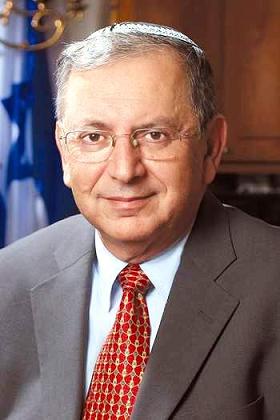These words were said at the opening of the jubilee conference for nanotechnology this morning, with the participation of senior researchers in the field from Israel and the world ■ These days, the largest and most advanced nanotechnology center in Israel is being established in Bar-Ilan with an investment of over 130 million dollars

The President of Bar-Ilan University, Prof. Moshe Kove, announced this morning, at the opening of the International Conference on Nanotechnology in Bar-Ilan, that within five years, Bar-Ilan University will recruit twenty Israeli scientists currently working abroad to its new nanotechnology center, the construction of which has begun these days . The new center will have 40 professors who will each employ about 5 doctoral students, and in total about 200 scientists from different disciplines - including chemistry, physics and biology - will be employed in the center. The university will invest in the center for nanotechnology, about 100 million dollars from mainly donor funds, and the government will add another 33 million dollars to that.
The head of the Center for Nanotechnology at Bar-Ilan University, Prof. Avi Ullman, congratulated the conference attendees and said that he sees the conference as an "international opportunity to present the forefront of global research in the field of nanotechnology." This is where the technology of the future begins."
During the first day of the international conference, several experts presented their developments and emphasized the scientific, medical and industrial potential made possible thanks to these developments. Prof. Reshef Tana from the Weizmann Institute, explained that the production of materials on a nanometric scale will make it possible to build more efficient and fuel-efficient engines, buildings that are more resistant to earthquakes, and more.
Prof. Harald Fuchs from the University of Münster in Germany showed how to manipulate materials, such as gold and copper, to create molecules that will have a different shape and properties from the original material (nanometric rods).
Prof. Ehud Gazit from Tel Aviv University also presented the materials developed in his laboratory through biological processes and which can take the form of tiny tubes or balls - suitable for many industrial uses.
The atmosphere at the conference was tense due to the decision of the lecturers' organizations in the UK to impose an academic boycott on Bar-Ilan University and Haifa. The rector of Bar-Ilan University, Prof. Yosef Yeshuron, asked the dozens of scholars who came to the conference from abroad to condemn and act against the academic boycott. "Such a boycott means damage to global science," he said.
The conference will be held over three days and will end on Wednesday, May 31.
